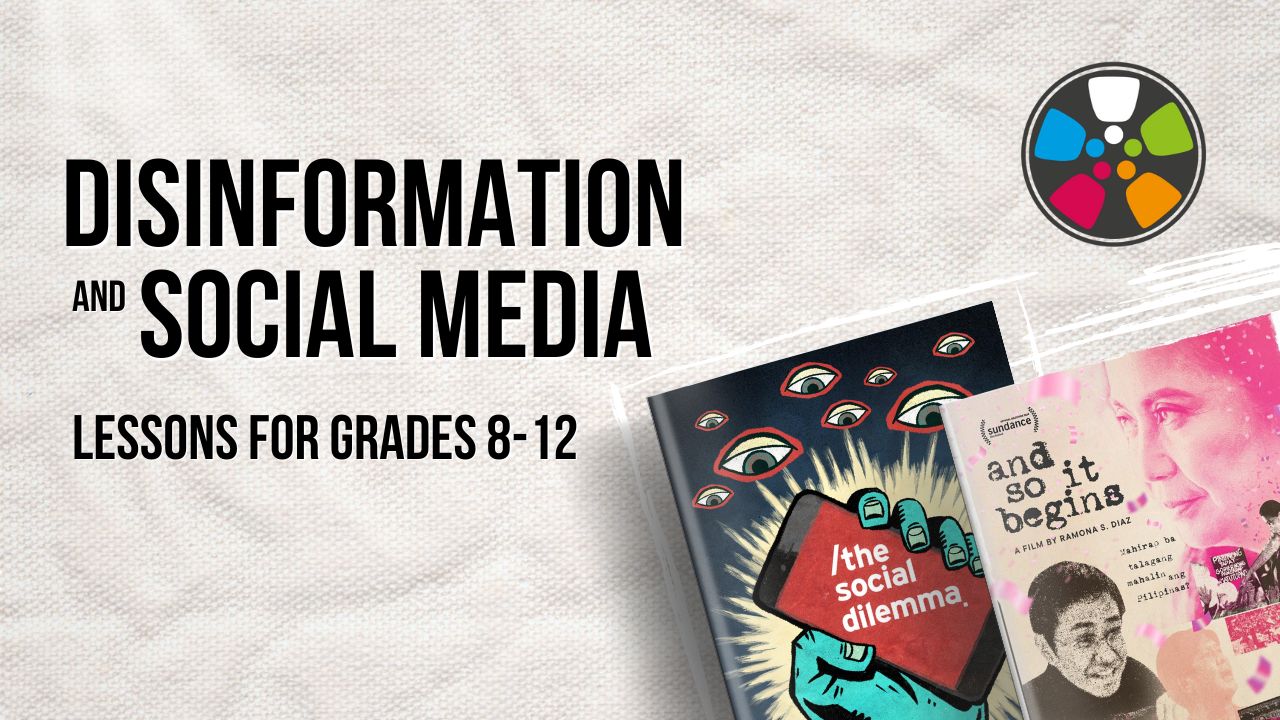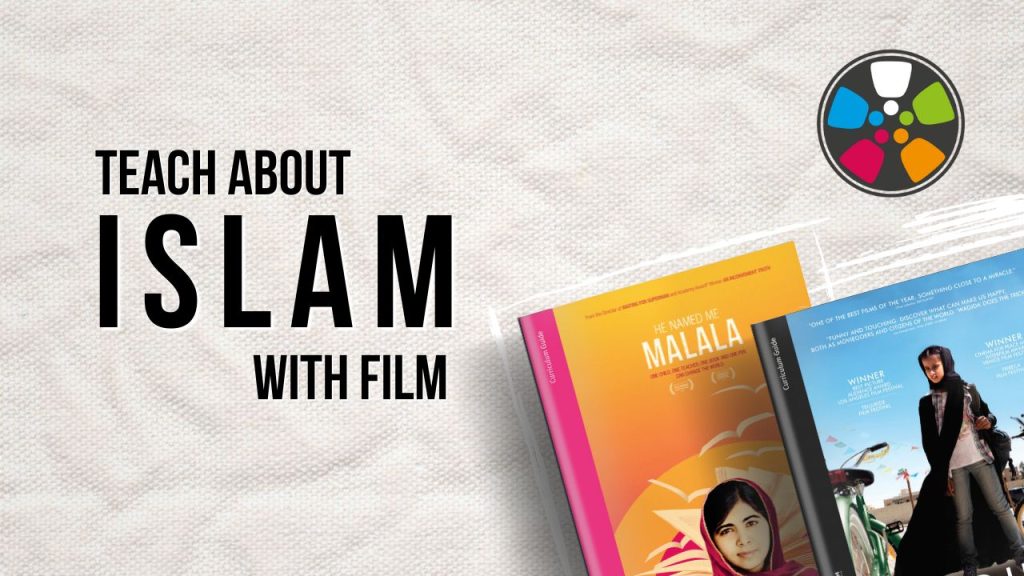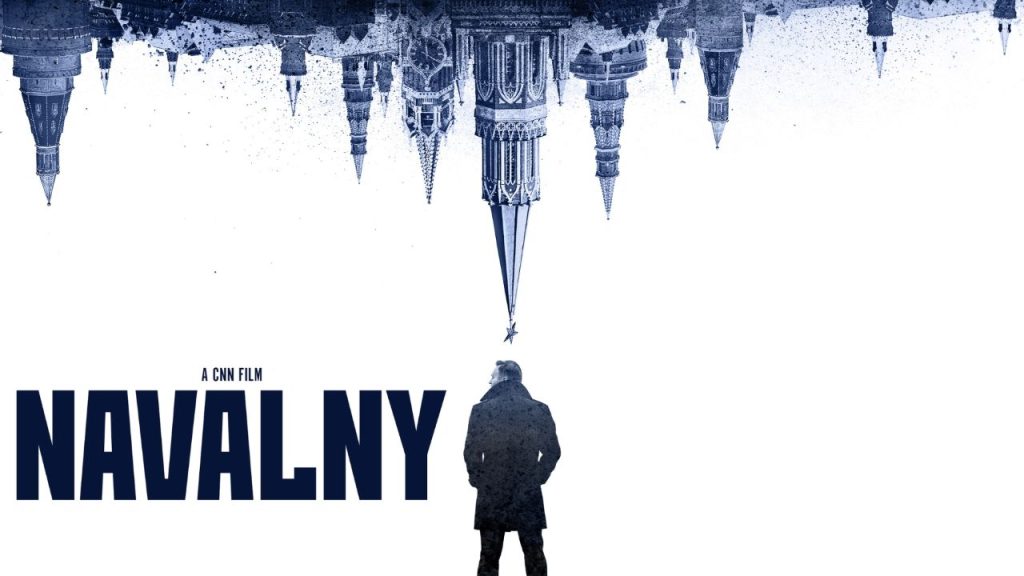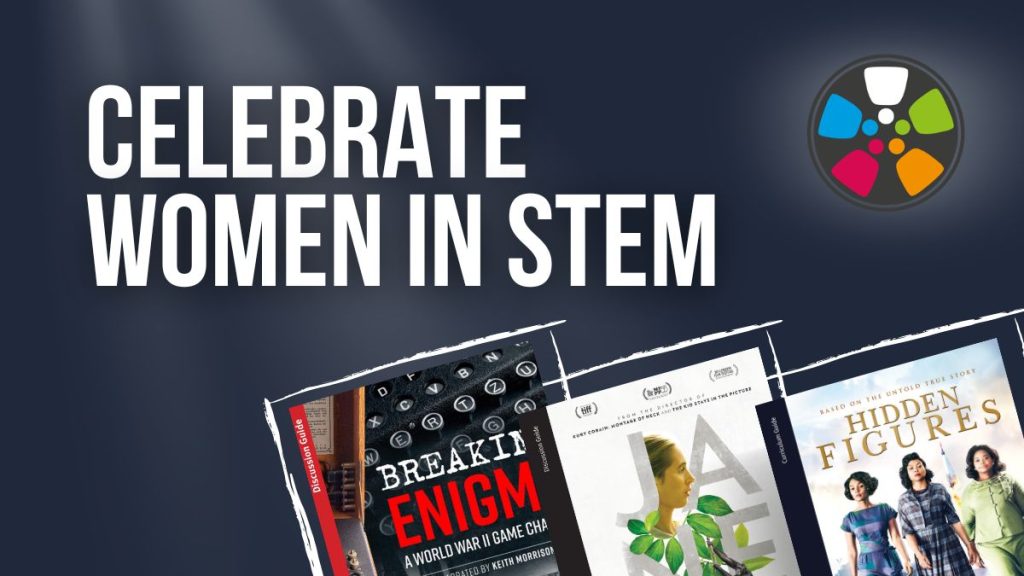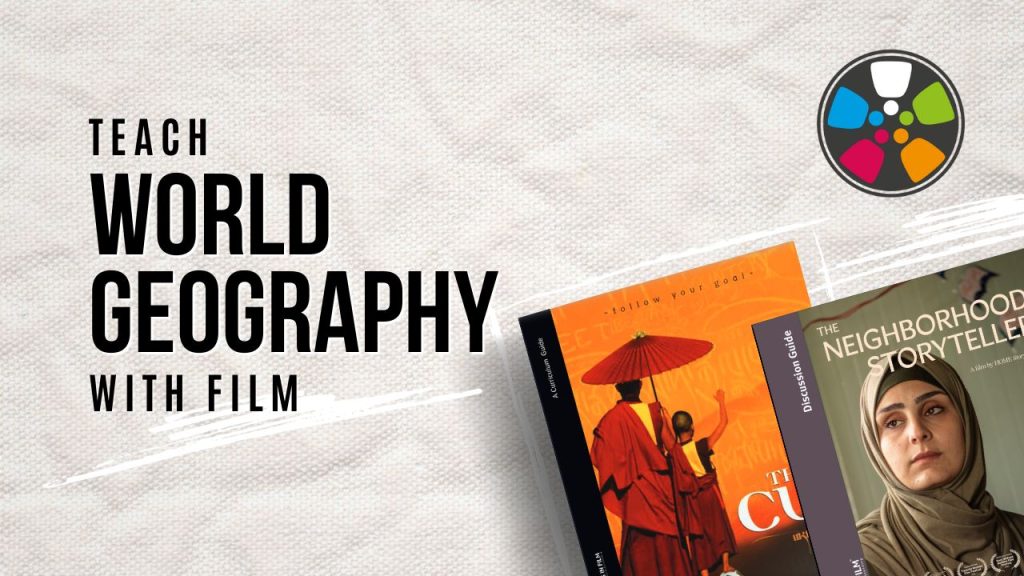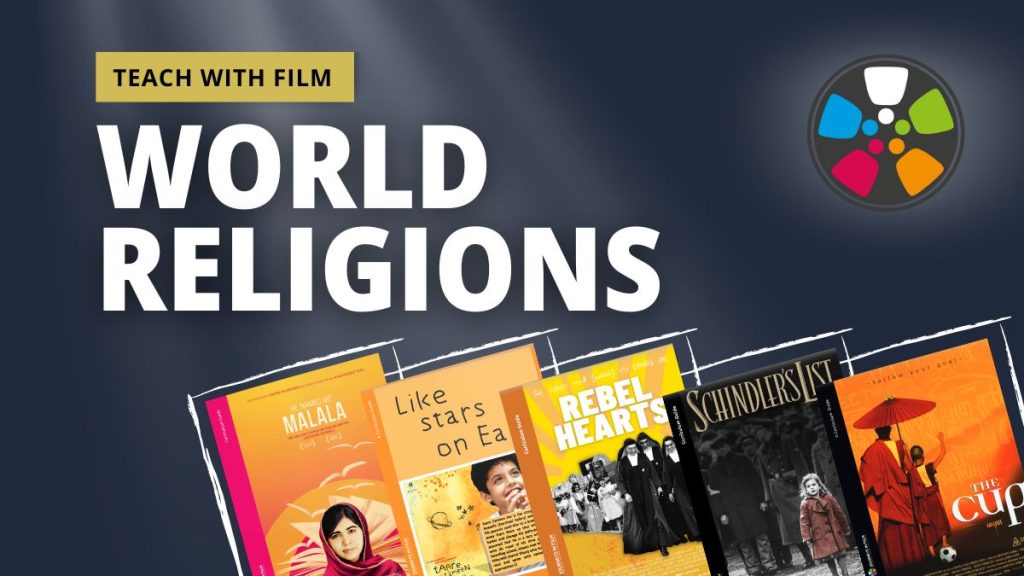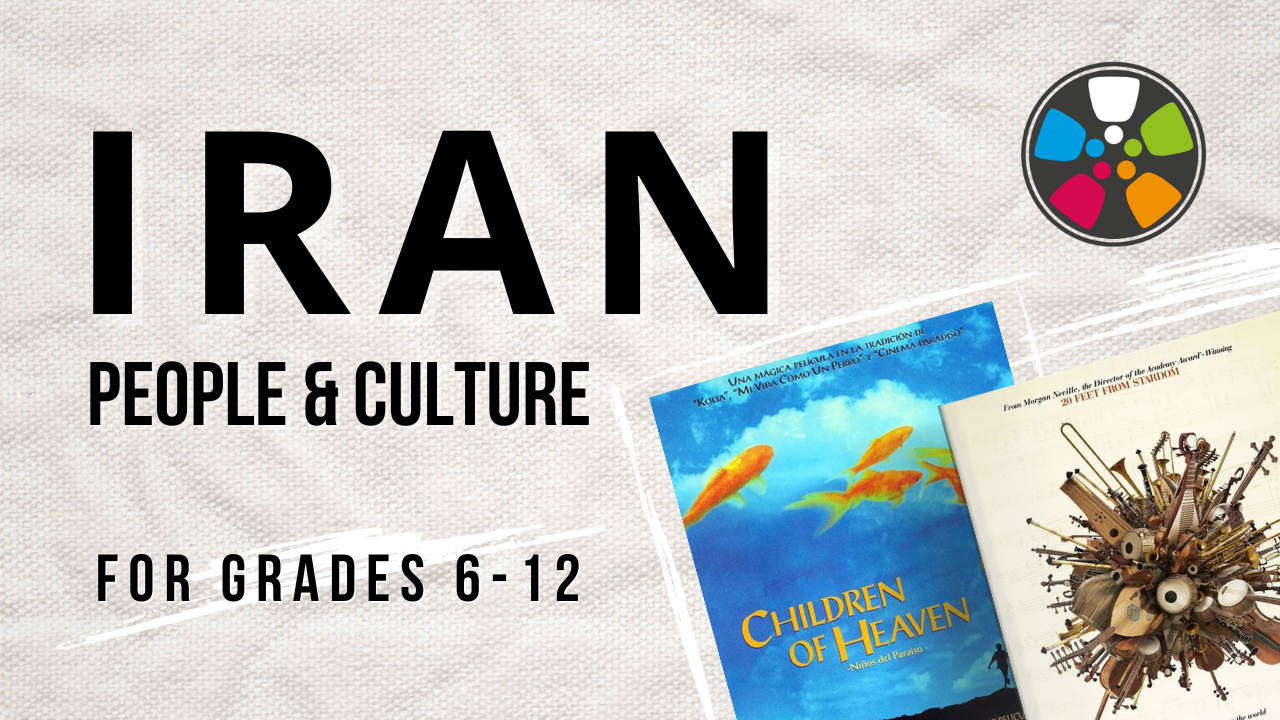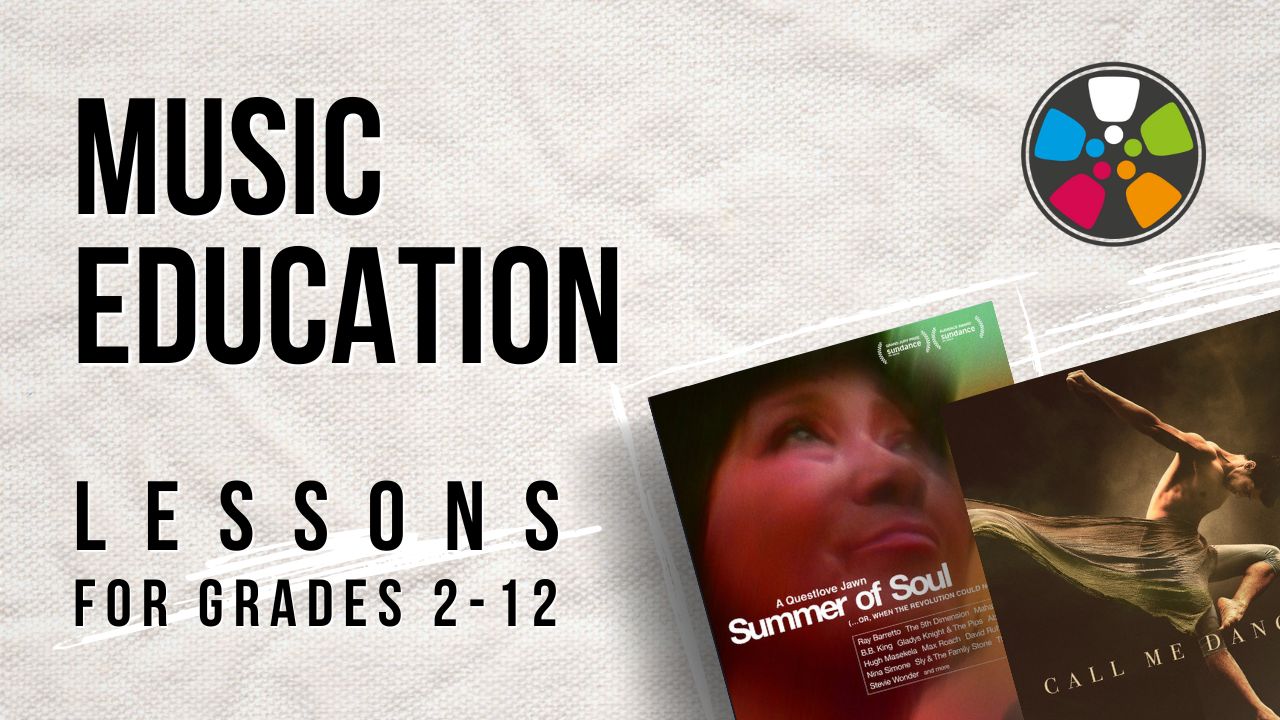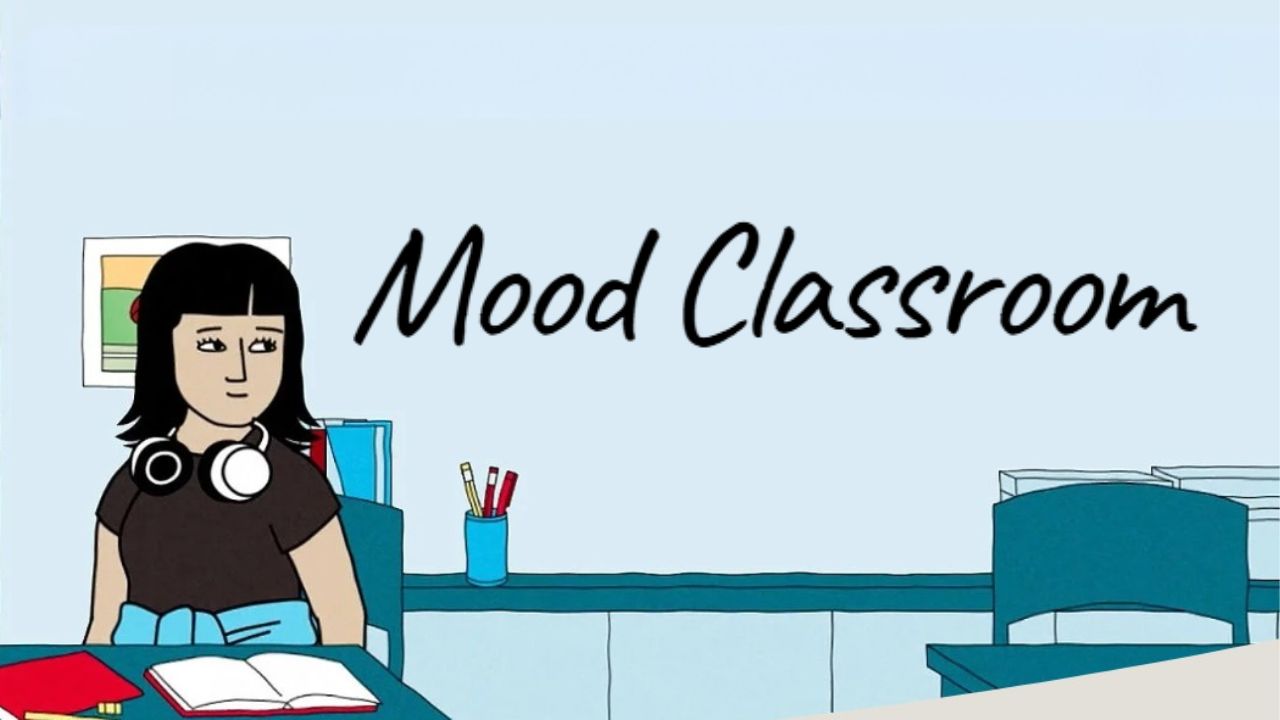We have added a new film guide to our library to help you teach media literacy with film! In the current dominant online ecosystem, facts are often secondary or irrelevant. Instead, clicks and social media engagement are driving factors for content creation. Algorithms often encourage bias against facts and fact-based journalism. Our Media Literacy and Journalism Lessons are designed to help students think critically about the many kinds of media and messages they are exposed to and to consider the ways media is created and shared. These are great tools for teaching digital literacy, journalism. media literacy and online safety.
Resources to Teach about Media Literacy with Film
New Resource! Teach about Media Literacy with Film: And So It Begins
“What I have witnessed and documented over the past decade is technology’s
godlike power to infect each of us with a virus of lies, pitting us against one
another, igniting, even creating, our fears, anger, and hatred, and accelerating
the rise of authoritarians and dictators around the world.”
– Maria Ressa, How To Stand Up to a Dictator: The Fight for Our Future
And So It Begins shows the impact of online disinformation on real world people and politics. The documentary closely follows key players in the 2022 Philippines presential election from two sides of an increasingly dangerous war between press and government. Representing the journalists is fearless Rappler CEO Maria Ressa, who despite arrests and harassment continues to publish articles holding a lawless regime accountable. On the other side, influencers start an incendiary social media movement.
Our And So It Begins Learning Guide features a section on Journalism, Disinformation, and Social Media. It explores how social media and disinformation can create fragmented versus shared social constructions of reality, as shown in the film. This section includes questions for discussion, writing, or personal reflection, as well as extension activities, an online quiz, and additional resources. These resources creates breathing room for students to consider and discuss the intersection of social media and politics in the context of real world events in another country with more objectivity than they might bring to examples of partisan politics closer to home.
Journalism teachers may wish to pair this section with the Journalist Profile on Nobel Prize winner Maria Ressa.
Lesson Grades: 8, 9, 10, 11, 12, College, Adult Learning
Subjects: Current Events, Journalism, Media Literacy
Get the And So It Begins Learning Guide.
More Resources to Teach About Media Literacy with Film
Teach about Media Literacy with Film: Navalny
The Navalny documentary provides an intimate portrait of Russian opposition leader, democracy champion and anti-corruption campaigner Alexei Navalny. Our Navalny Learning Guide includes two sections that make a great combination with And So It Begins:
- Data Tracking, State Surveillance, and the Role of Journalism asks: Is it possible for data tracking to be used for justice without compromising individual privacy?
- Social Media, Censorship, and Propaganda explores how to consume informational critically.
Lesson Grades: 9, 10, 11, 12, College, Adult Learning
Subjects: Civics, Current Events, Journalism, Media Literacy, Political Science, Social Studies
Get the Navalny Learning Guide.
Teach about Media Literacy with Film: The Social Dilemma
Documentary-drama hybrid The Social Dilemma reveals how social media is reprogramming civilization with tech experts sounding the alarm on their own creations.
The learning tools for The Social Dilemma also work well with And So It Beginss. These tools include: Classroom Debate Resource, Gen Z Action Guide, Center for Humane Technology – Youth Toolkit, and Bonus Interview Clips.
Lesson Grades: 8, 9, 10, 11, 12, College, Adult Learning
Subjects: Current Events, Media Literacy, Psychology
Get The Social Dilemma Learning Guide.
Teach about Media Literacy with Film: Media Literacy and Journalism Collection
We recommend the classroom-ready lessons in our Media Literacy and Journalism Collection to further explore issues raised in the resources outlined here. Subjects and themes in this collection include: Bias and the Politics of Production, Fake News, Investigative Journalism, Media Analysis, Media Responsibility, Propaganda, the Importance of a Free Press, the Role of Citizen Journalists, and Understanding What You Are Watching.
Lesson Grades: 6, 7, 8, 9, 10, 11, 12, College, Adult Learning
Explore the Media Literacy and Journalism Collection.
Don’t Miss Out
To get updates notifications about our new media literacy lessons and other new resources, sign up for the Journeys in Film newsletter.

